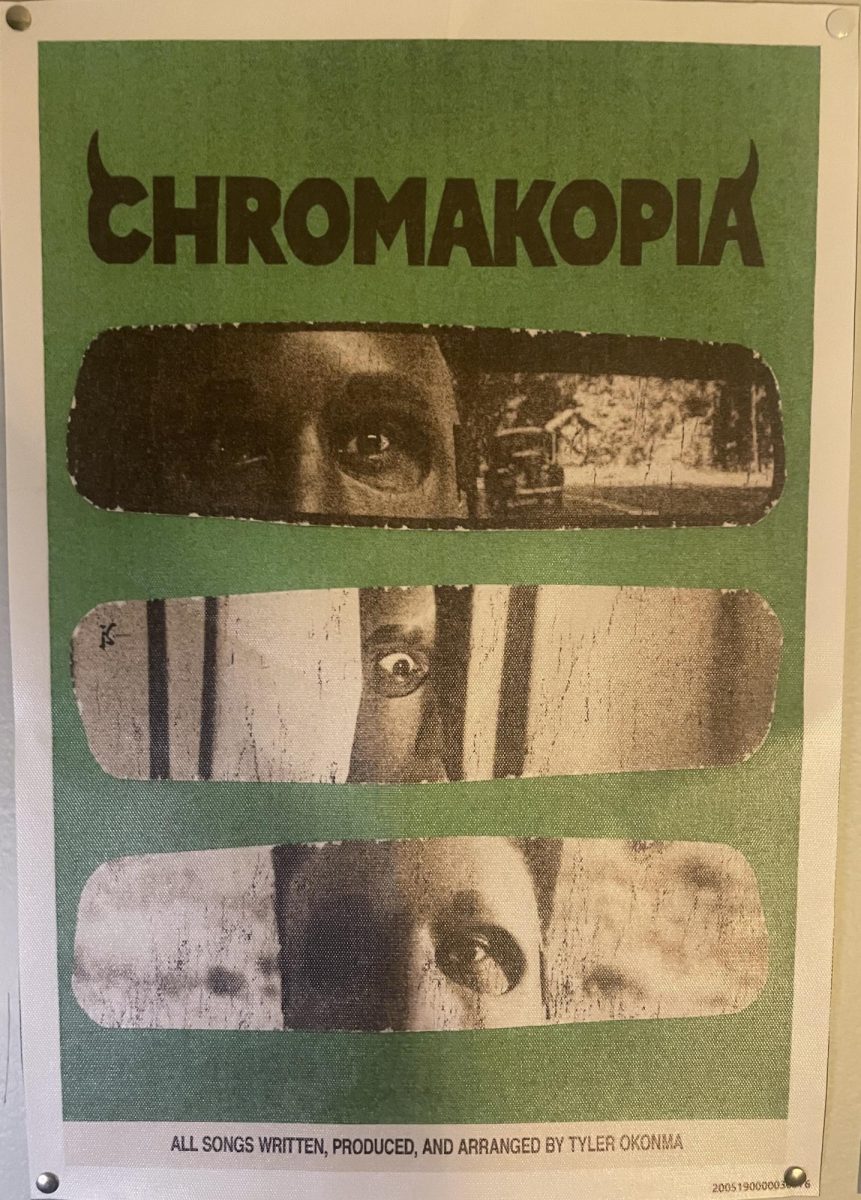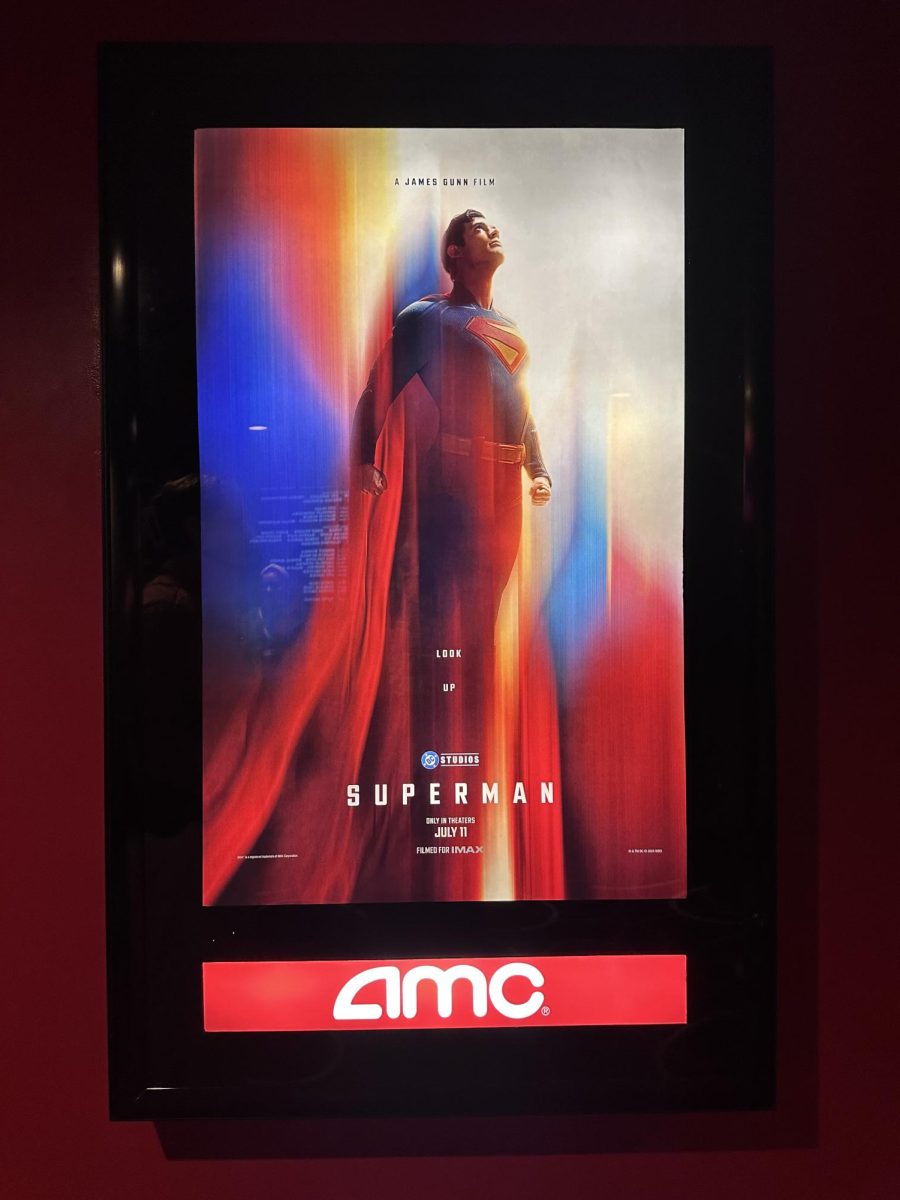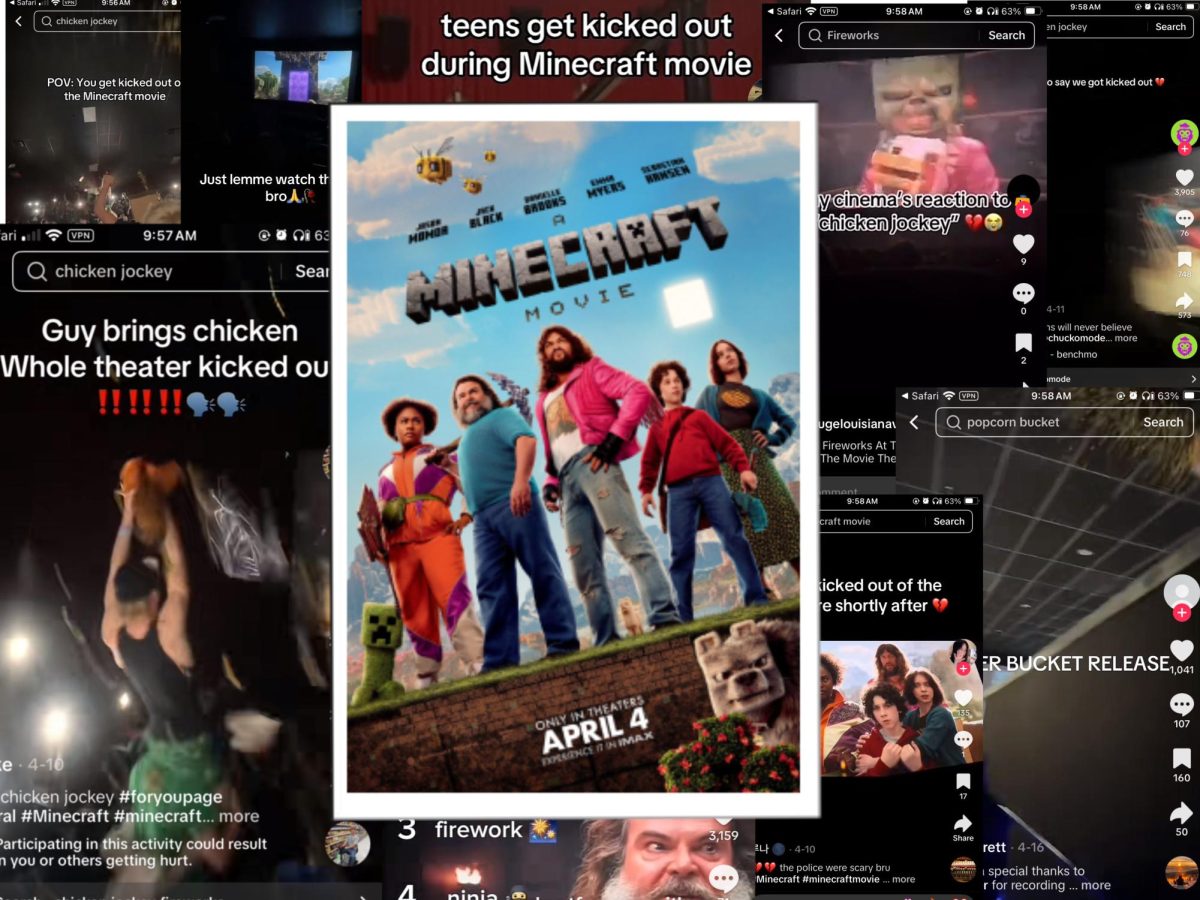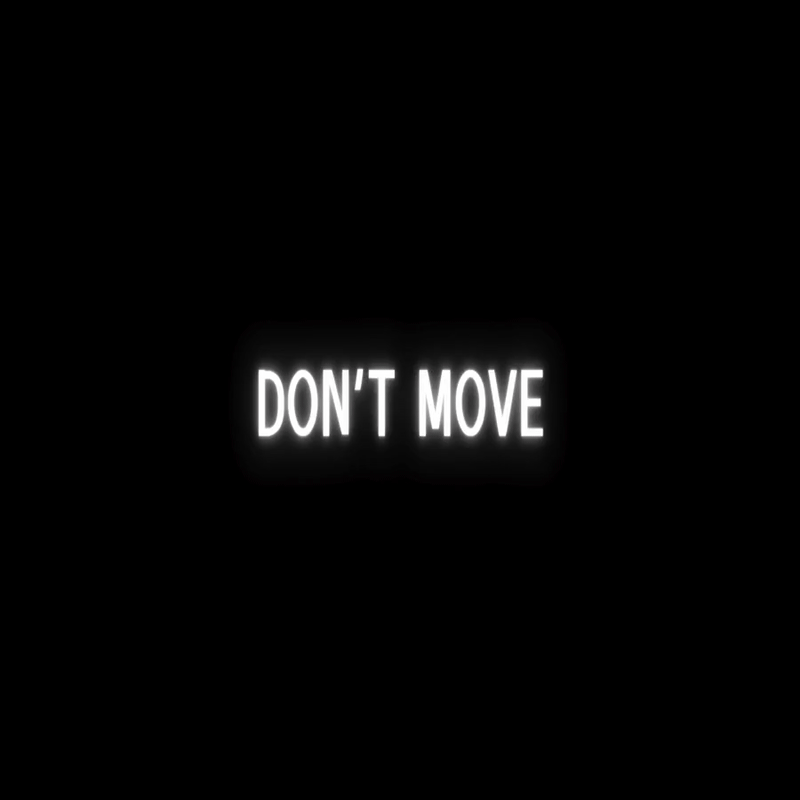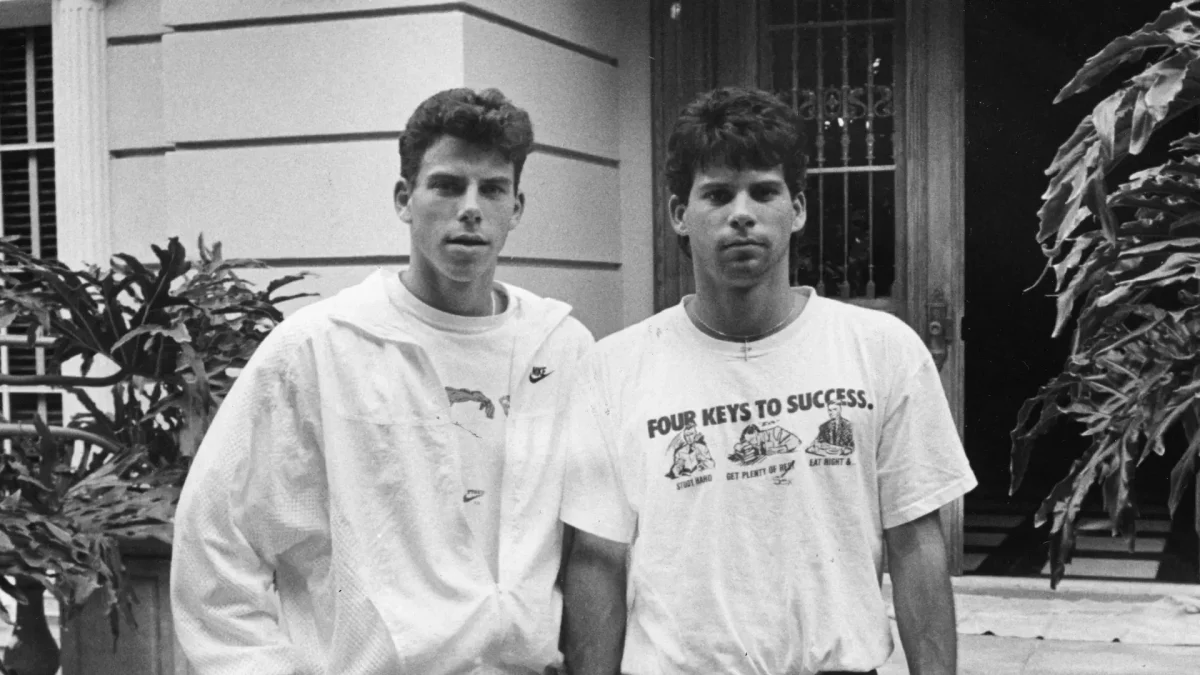This is the second part of Bryn Mesquitta’s analysis of “Chromokopia,” the newest album from Tyler, the Creator. Read the first part here.
“Judge Judy”
Underneath the racy topics of this song lies a much deeper meaning about enjoying the time you have and trying new things. “Judge Judy” commences with an intro that sounds similar to some of the songs on Tyler’s previous album, Call Me If You Get Lost. The lighthearted beat is a false indicator of the lyrics to come.
At the start, this song seems to be a playful melody about Tyler and a girl named Judy who he quickly starts a casual relationship with. Tyler repeats that he won’t judge Judy for not trying to have a serious relationship – hence the name, since this song is not about a specific televised judge. By listening to the remainder of the song, especially Judy’s letter at the end, a message of living in the moment and changing habits is revealed.
“Sticky (feat. Glorilla, Sexxy Redd, & Lil Wayne)”
The collaborators that Tyler chose to add to this song were a surprise to many (mostly those who expected Frank Ocean to make a comeback on this album). Nonetheless, “Sticky” is a musical tribute to Tyler’s exploration of sounds, beats, and lyrics.
The phrase “it’s getting sticky” is repeated in the chorus, and could refer to a confrontation. From the lyrics in the song (“Who the f–k you talking to, h-? I ain’t the one”), it’s clear that the artists will tolerate no disrespect aimed at them.
“Take Your Mask Off (feat. Daniel Caesar & LaToiya Williams)”
“Be yourself” is a common motto that most people know about. “Take Your Mask Off” is a musical version of that. Tyler gives four specific examples of a situation where someone is not being true to themselves, ranging from a “tough” guy, to what can be inferred to be Tyler as he was just starting his career in music.
Tyler’s slogan for embracing authenticity presents itself in situations that are often looked over.
Unlike other songs on this album, this one is less cryptic, and Tyler clearly clarifies the issue, making this song easy to grasp and understand.
“Tomorrow”
Also playing into the topic of having children, “Tomorrow” expresses Tyler’s fears and hesitations about having children and getting older. Tyler is currently 33, and he explains that a lot of his friends have already had multiple children while Tyler only has his material things—cars, suits, etc.
By the end of the song, Tyler asks himself whether he will settle down with someone, or keep meeting new, different people often (“Will I flip the switch and settle down? / Or go the other way and keep my panties down?”).
“Thought I Was Dead (feat. ScHoolboy Q & Santigold)”
Many of the songs on this album so far have been reminiscent of Tyler’s more recent albums, like Flowerboy and Call Me If You Get Lost. This song reflects Tyler’s older style, which included explicit, assertive, and bold lyrics and corresponding beats. “Thought I Was Dead” is a callback to the starting days of Tyler, the ones in which people were offended by his music for abandoning all aspects of political correctness and seemingly saying whatever came to his mind – whether the audience (or even Tyler) agreed or not.
Tyler is known for his eccentric individuality, and this song makes it clear that Tyler won’t be diluting his music for anyone anytime soon.
“Like Him (feat. Lola Young)”
One of Tyler’s biggest themes in his songs is the absence of his father and how it affected his life. In songs like “Answer,” he talks about how he’s glad his father left his mom because it made him the person he was today. In “Like Him,” Smith retells the story – she was the one who denied Tyler’s father to be present in his life, and he always wanted to be there for him.
The fact that Tyler’s views on his paternal figure have been incorrect all his life is what’s so emotional about this song. It brings listeners to ask themselves an important question: do I value Tyler, the Creator, the singer and producer, more than Tyler Okonma, the person?
“Balloon (feat. Doechii)”
Most people who aren’t fans of this album jump to this song to explain themselves. “He’s trying to be too experimental, and it feels forced,” seems to be the general attitude towards this song. While this song is musically very different from other songs on the album – perky, almost carnival-type beats start the song off, which eventually builds into a semi-chaotic harmony that still keeps the playful energy from the start – the topics are very redundant and play into the rest of the album.
Topics such as self-independence (“Why I work so hard? My soul profit”), monetary wealth (“I don’t need a Range when I got an airboat”), and individuality (“Everything real here, no lace front, okay”) are rampant throughout the album, and seem to all come together in the second-to-last song.
“I Hope You Find Your Way Home”
Chromokopia ends with another homage to his uncertainty about having children, along with the other main messages dispersed throughout the album. One of the most heart-wrenching parts of the song – and arguably the album – isn’t a lyric, it’s the narration at the end by Tyler’s mother. Smith’s teary voice can be heard congratulating her son on all his accomplishments. The pride she holds in her son can be heard in her voice, and it makes the entirety of the album feel deeply personal to the listener.

